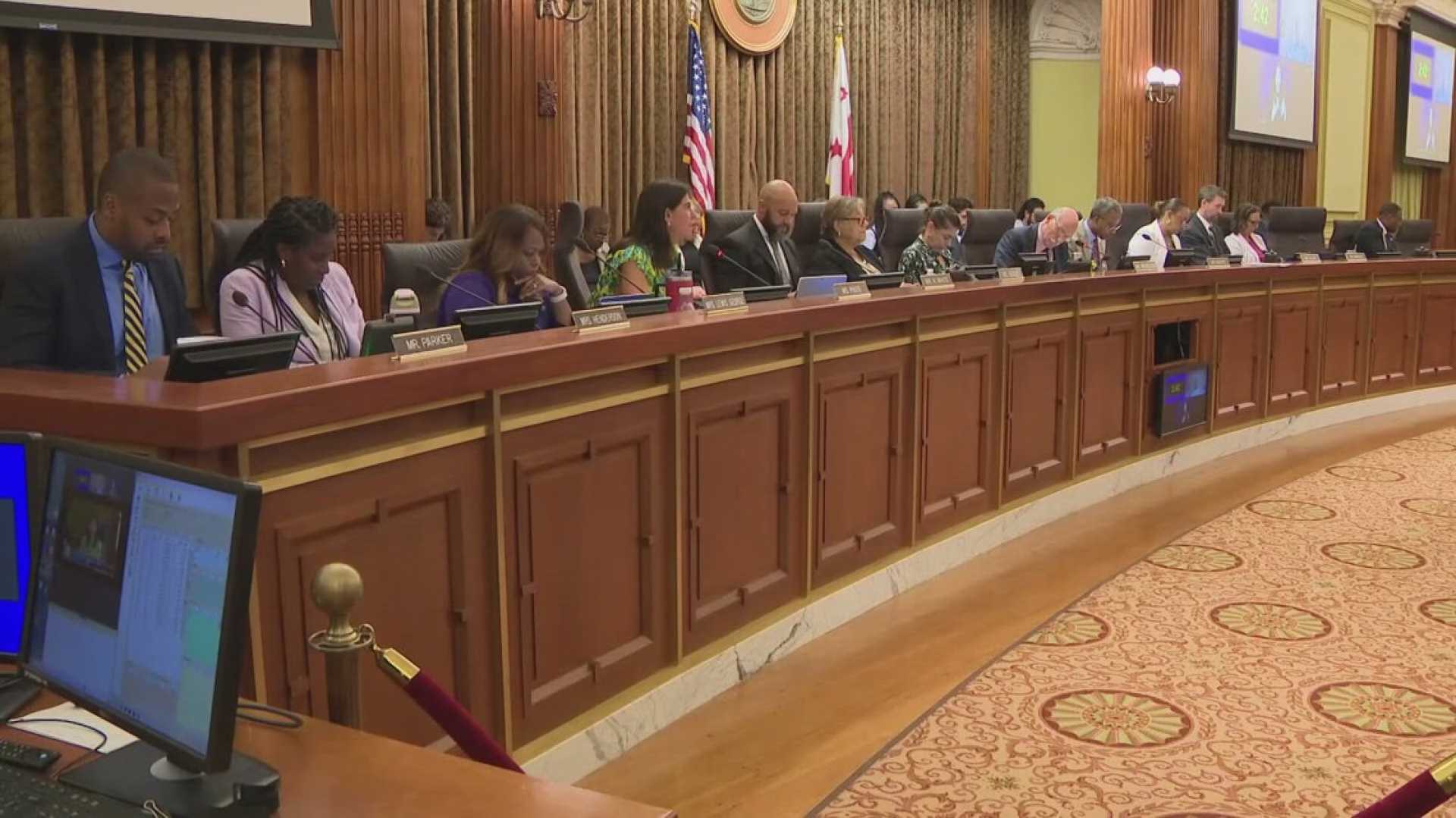News
D.C. Council Decouples from Federal Tax Code Amid Shutdown

WASHINGTON, D.C. — The D.C. City Council has decided to decouple from the 2025 federal tax code, impacting key tax breaks for local residents. This emergency move comes amid a historic federal government shutdown that threatens to strain the region’s economy.
The decision to separate from federal tax laws means that District of Columbia residents who qualify for certain federal tax benefits will not be able to claim them on their local tax returns. According to city officials, the D.C. government is expected to lose up to $1 billion in revenue over the next four years due to the anticipated loss of 40,000 government-related jobs, as reported by the D.C. Fiscal Policy Institute (DCFPI).
City Chief Financial Officer Glen Lee warned the Council that a prolonged shutdown could have significant repercussions. In a letter to Mayor Muriel Bowser and the council chairman, he cited the negative impacts previous shutdowns had on revenue streams.
In an effort to mitigate the budget shortfall, the Council approved emergency legislation to exclude specific federal tax code changes enacted in July from local income tax computations. This includes certain tax measures from what has been popularly termed the “Trump tax law.”
By decoupling, the city aims to retain significant revenue that could be directed towards a new local Child Tax Credit of $1,000 per child and expanding the Earned Income Tax Credit from 85% to 100% of the federal levels. Supporters of the initiative highlighted the growing issues of child poverty and hunger in D.C., where rates are among the highest in the nation.
The emergency decoupling is temporary, lasting for 90 days, followed by a “temporary amendment” that could provide 225 days of relief before requiring a permanent legislative solution. Other states facing budgetary constraints are taking similar approaches to maintain fiscal balance.
As the debate over tax policy continues, D.C. residents are advised to remain vigilant about changes to their tax filings, especially regarding credits and deductions that may not translate from federal to local taxes.
This move emphasizes the ongoing struggle local governments face in adapting to shifts in federal policy, particularly as the effects of the shutdown linger in the nation’s capital.












